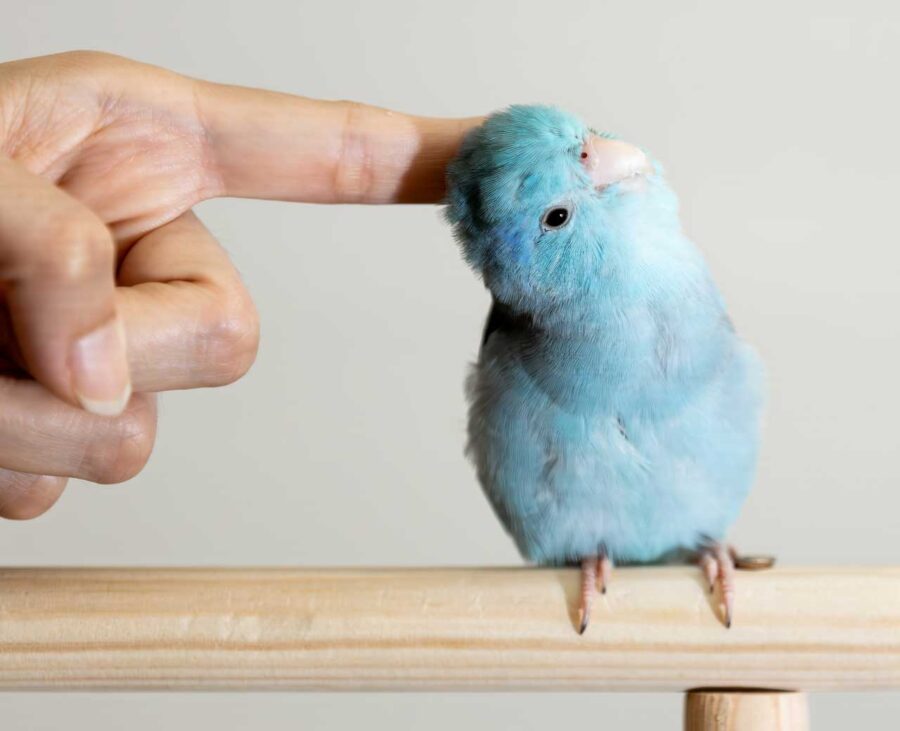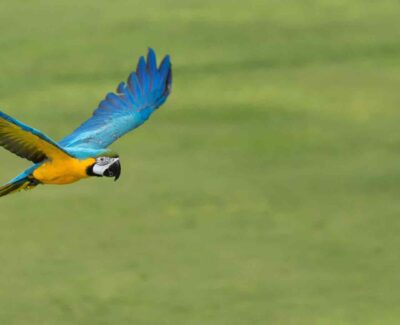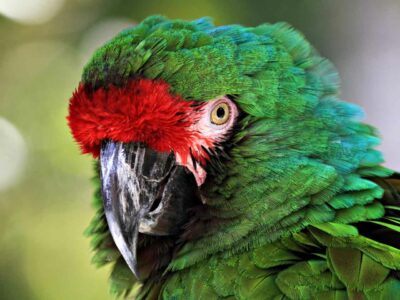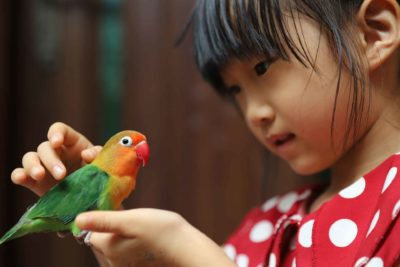
Top 7 Tips for First-Time Bird Owners
Becoming a pet bird owner for the first time is an exciting step that should be the beginning of a long and enriching journey filled with joy and companionship. However, as highly intelligent, social creatures, birds have different care requirements than other types of pets. In order to help ensure that your feathered friend thrives in their new environment, keep these seven tips for first-time bird owners in mind.
Choose the Right Bird for Your Lifestyle
Not all birds have the same needs—or personalities. Some are highly social and require lots of daily interaction, while others are more independent. Before bringing a bird home, consider factors such as:
- How much time you can dedicate to socialization and enrichment
- The noise level you’re comfortable with
- Your household environment (kids, other pets, etc.)
- Whether you’d prefer a bird that talks, cuddles, or entertains from a distance
Need help deciding? The myBird matchmaker quiz can guide you toward a species that may be a good fit for your lifestyle!
Invest in a Proper Cage and Setup
Your bird’s cage is more than just a place to perch—it’s their home. Therefore, it’s important to choose a cage that’s appropriately sized for your species, with space to flap, climb, and explore. Bigger is usually better, as long as the bar spacing is safe. Be sure to include the following elements in your bird’s cage:
- Perches of different textures and diameters
- Food and water dishes placed away from perches to avoid contamination
- Toys for mental stimulation and chewing
- A few cozy spots for rest and privacy
Cages should be placed in a well-lit area with natural light, but far enough away from drafts, fumes, and the kitchen.
Feed a Balanced, Species-Appropriate Diet
While dietary needs may vary among different bird species, a healthy avian diet will typically include:
- High-quality seeds and/or pellets formulated for your bird’s species
- Fresh vegetables and some fruits
- Occasional nuts and other treats
- Access to clean, fresh water at all times
If you’re uncertain which foods are right for your particular bird, be sure to consult an avian vet.
Understand that Socialization and Bonding Take Time
Some birds bond with their owners quickly, while others need time and patience. Start by sitting near your bird’s cage and speaking softly in order to get them accustomed to your presence. Once they seem comfortable, you can begin offering treats by hand and gradually work toward training and out-of-cage time.
Always be respectful of your bird’s body language. If they seem scared or aggressive, take a step back and go slower. Building trust is a process—but the reward for your patience is a lifelong bond with your feathered friend.
Schedule Avian Vet Visits
Birds are experts at hiding illness, which means that regular checkups with an avian veterinarian are a must. Your bird should see a vet under the following circumstances:
- Shortly after you bring them home, for a wellness check—establishing care with an avian vet early will help you stay proactive about your bird’s health
- At least once a year for preventive care
- Anytime you notice signs of illness, such as changes in behavior, appetite, or droppings
Keep Your Bird’s Environment Clean and Enriching
Birds are naturally curious creatures that need daily mental stimulation in order to stay healthy and happy. Therefore, be sure to rotate their toys regularly, provide safe foraging activities, and allow supervised out-of-cage time.
At the same time, cleanliness is essential. Clean their food and water bowls daily, remove waste from the bottom of the cage, and disinfect perches and surfaces on a weekly basis using bird-safe products.
Learn the Basics of Bird Body Language
Birds “talk” with more than their beaks. Learning to read your bird’s body language will help you understand their mood and comfort level. Some common signs to be aware of include:
- Fluffed feathers, which often indicate that your bird is feeling relaxed—but if their feathers are fluffed for a prolonged period, it could be a sign of illness
- Tail wagging, a sign of excitement
- Pinning eyes, which may indicate intense focus or overstimulation
- Open beak or lunging—signs of fear or territorial behavior
Tuning in to your bird’s nonverbal cues will build trust and help prevent misunderstandings.
Are You Ready to Welcome a Feathered Friend into Your Home?
Owning a bird is a rewarding, joyful experience—but like any companion animal, they require a great deal of care, commitment, and education. By starting with the right setup, building trust gradually, and staying informed, you’ll set the foundation for a healthy, happy relationship with your new feathered friend.
Are you ready to dive in to the exciting world of pet bird ownership? Explore the many resources on our website, or follow us on Facebook and Instagram for regular bird care tips and inspiration!





